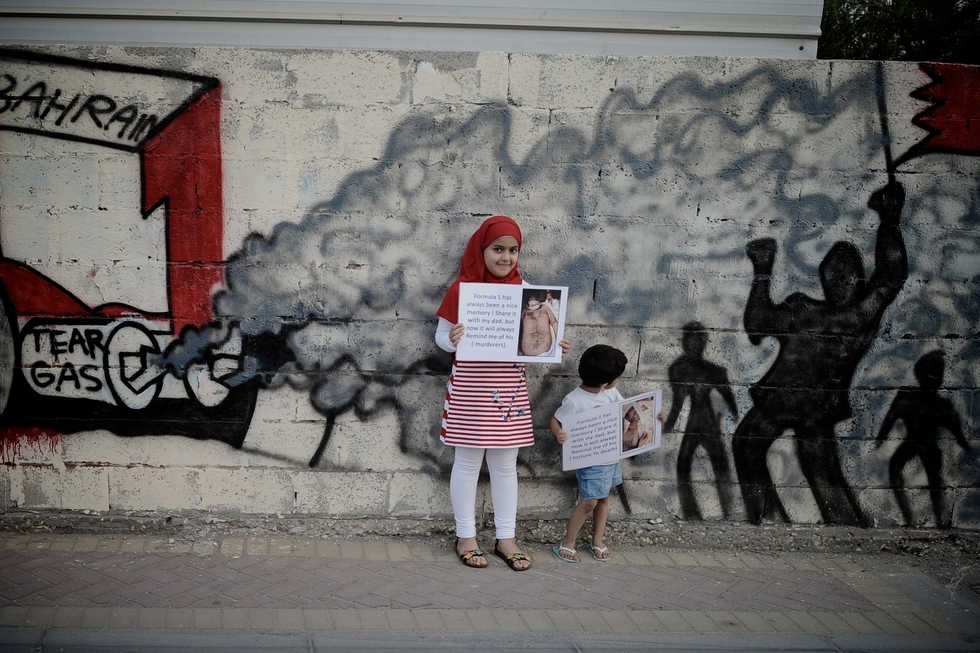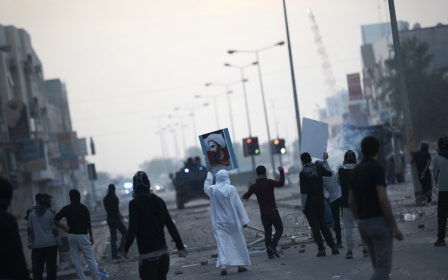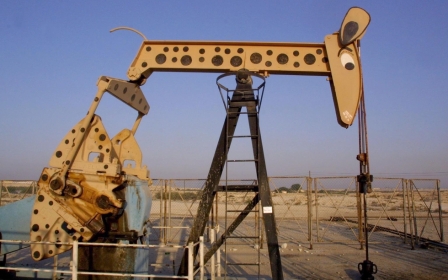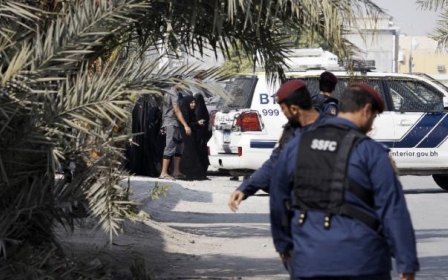European Parliament condemns death penalty, torture in Bahrain

The European Parliament has condemned the use of torture and the death penalty in Bahrain, demanding the release of a man sentenced to death after allegedly confessing under torture.
In a resolution passed on Thursday, the body called on Bahraini ruler Sheikh Hamad bin Isa al-Khalifa to pardon 32-year-old airport guard Mohammed Ramadan.
Ramadan was arrested on 18 February 2014 – allegedly without a warrant – on suspicion of involvement in a bombing that killed a member of the security forces four days earlier.
Ramadan and Husain Ali Mossa, who had been arrested previously, reported that they were tortured into confessing to the crime, and later retracted their confessions and complained of having been coerced.
Despite this, no investigation was launched and the pair were sentenced to death in December 2014.
The case has already been highlighted by five UN human rights experts, who in August 2014 expressed their concerns over the fairness of the trial to the Bahraini government.
A resolution was co-authored by Scottish MEP Alyn Smith, who called it “a strong message to our friends in Bahrain that we are confident Bahrain can move in the right direction.
“Today, the Parliament firmly condemned the continuing use of torture by the security forces against prisoners and the use of Bahrain’s anti-terrorism laws to punish citizens for their political beliefs.”
The resolution has been welcomed by Bahraini human rights organisations, who warned on Thursday that Ramadan had exhausted all legal avenues of appeal and stands at risk of imminent execution.
New MEE newsletter: Jerusalem Dispatch
Sign up to get the latest insights and analysis on Israel-Palestine, alongside Turkey Unpacked and other MEE newsletters
Middle East Eye delivers independent and unrivalled coverage and analysis of the Middle East, North Africa and beyond. To learn more about republishing this content and the associated fees, please fill out this form. More about MEE can be found here.




